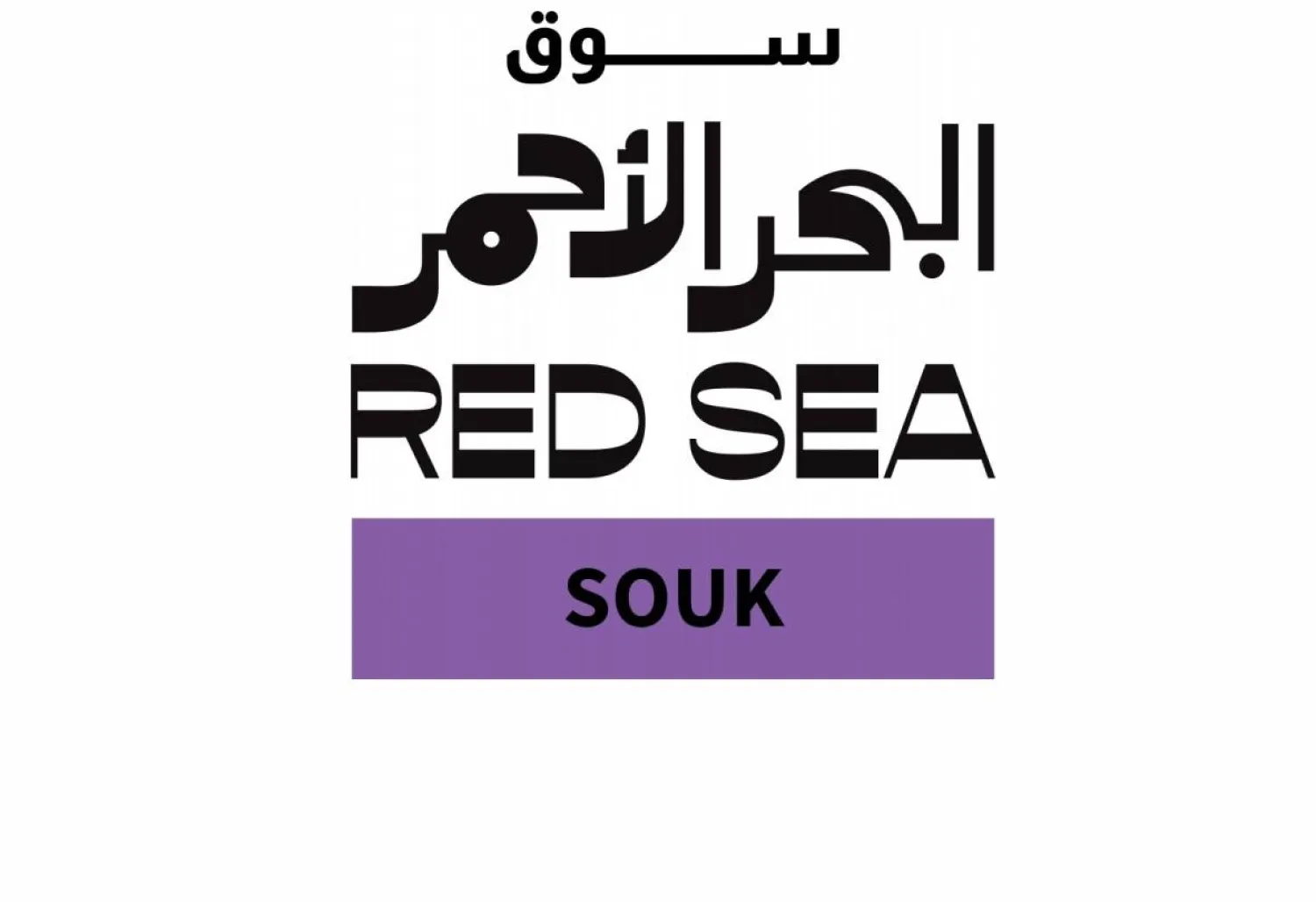The Red Sea Souk revealed Wednesday its projects and works in progress that will highlight a diverse range of talents from the Saudi Arabia, the Arab world, and Africa at the third annual Red Sea International Film Festival.
Prestigious institutions including New York’s Tribeca Film Festival, the Amman Film Industry Days, the Venice International Film Festival, NEOM, the Red Sea Fund, and the Doha Film Institute will participate in these activities, SPA reported.
The Red Sea 360° and Networking Sessions programs will be held December 2-5, followed by the Talent Days program December 6-7.
The programs will showcase new cinematic productions and encourage international film professionals to exchange experiences and ideas during the networking sessions and the workshops that bring together Saudi and international filmmakers with global film industry professionals.
The Red Sea 360° program will bring together international cinema professionals to enrich the Souk visitors through a series of seminars and panel discussions, totaling 15 sessions. They will offer unique insights into the future of the film industry, including its wide-ranging impact on the global entertainment industry.
The Red Sea Souk, along with the Project Market and the Work-In-Progress Showcase program, will provide an opportunity to view a selected group of 26 narrative films by directors from the Arab world and Africa.
Additionally, six projects in the development phase will be presented, offering a glimpse into their stories to prominent experts in the field to help directors successfully work on them.
The Project Market program will present 12 projects supervised by Red Sea Labs, which have been developed throughout the year through a series of intensive workshops in collaboration with TorinoFilmLab.
Four projects will be selected to receive the annual production award by the Red Sea Lodge program, while 14 projects will compete for cash prizes presented by international jury committees, including the Development, Special Jury, and Production awards.
The Work-In-Progress Showcase program will feature six post-production films by independent filmmakers, presented to distributors, producers, funders, festival programmers, and others for future collaboration opportunities.
All films selected in the Work-in-Progress Showcase will compete for the Red Sea Souk Post-Production Award as well as the Special Jury prize.
All financial awards will be provided by the Red Sea Fund, and participating projects will have the opportunity to qualify and compete for additional awards funded by sponsors and partners of the Red Sea Souk.
Red Sea International Film Festival badge holders can attend the Red Sea 360°, Talent Days, and Networking Sessions, held at the Jeddah Ritz-Carlton.
Application for joining the Red Sea Souk 2023 is still open via this link: https://redseafilmfest.com/en/red-sea-souk/.
Red Sea Souk Unveils Programs, Projects for Third Film Festival


Red Sea Souk Unveils Programs, Projects for Third Film Festival

لم تشترك بعد
انشئ حساباً خاصاً بك لتحصل على أخبار مخصصة لك ولتتمتع بخاصية حفظ المقالات وتتلقى نشراتنا البريدية المتنوعة







